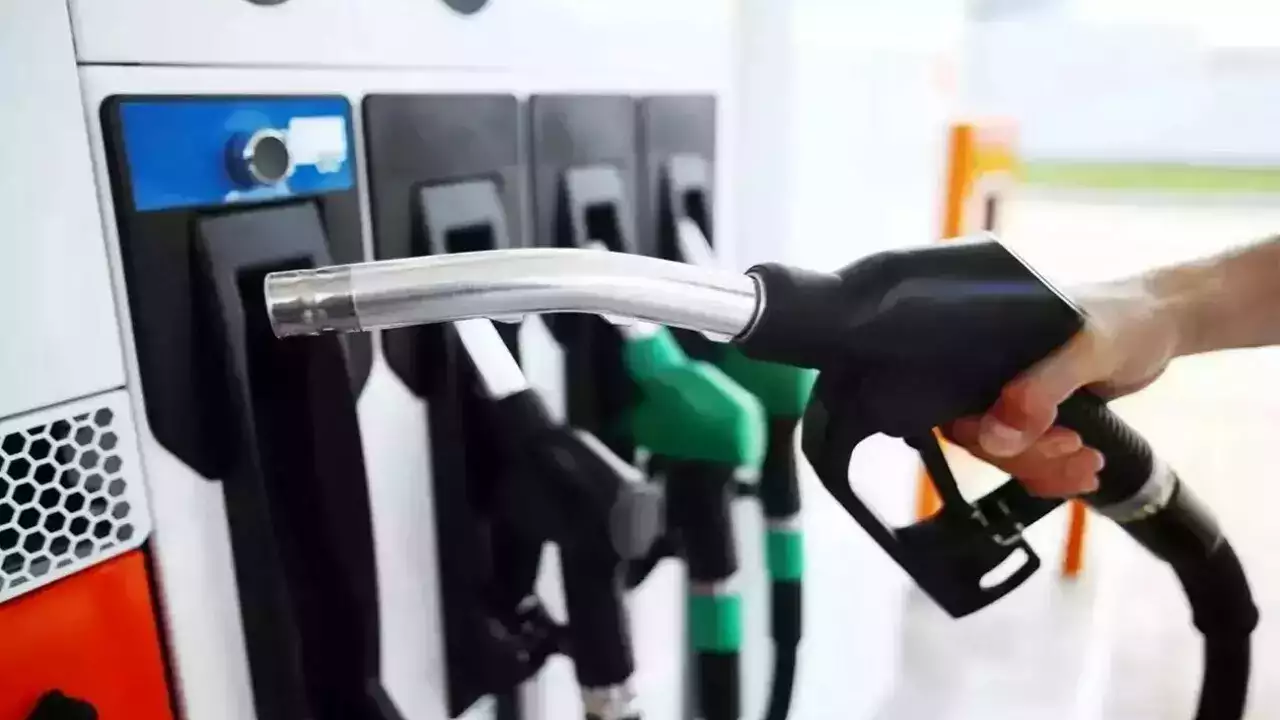The government of Pakistan has announced a significant increase in the prices of petrol, diesel, kerosene oil, and light diesel oil, effective from 11.00 hrs, 29 Jan 2023.
The prices of high-speed diesel and MS Petrol have gone up by 35 rupees, while the prices of kerosene oil and light diesel oil have been increased by 18 rupees.
The announcement was made by Finance Minister Ishaq Dar in a televised address, 10 minutes before the new prices came into effect.
According to the Ministry of Finance, the new prices of petroleum products are as follows:
- High Speed Diesel: 262.80 rupees per liter
- MS Petrol: 249.80 rupees per liter
- Kerosene Oil: 189.83 rupees per liter
- Light Diesel Oil: 187 rupees per liter.
The Finance Minister explained that despite the recent depreciation of the Pakistani rupee and the fluctuation of international oil prices, the government decided to increase the prices of these products on the direction of Prime Minister Shehbaz Sharif.
The reason behind the price hike is a recommendation from the oil and gas regulatory authority, which found reports of artificial shortages and hoarding of fuel in anticipation of price rises. The immediate price hike is aimed at combating this.
The recent depreciation of the Pakistani rupee, which has fallen by 34 rupees against the US dollar, is a result of the government removing an unofficial cap on the USD-PKR exchange rate to revive the stalled IMF loan program.
The government is determined to complete the bailout plan, despite the political cost it may incur, as it is crucial for the cash-strapped nation to complete the ninth review of the $7 billion IMF program.
Meeting the IMF conditions includes increasing fuel and energy prices and raising more taxes, which may further stoke inflation.
On Saturday, rumors of a significant hike in gasoline prices resulted in long lines at gas stations in many parts of the country. Social media reported that gasoline and diesel prices could increase anywhere between Rs45 to Rs80 on Feb 1.
People who lined up at the gas stations reported that they saw the rumors on social media about the increase in prices due to the surge in the dollar’s value and international petroleum rates.
Reports from various areas showed similar experiences, with gasoline available at only 20% of the pumps in Gujranwala and shortages reported in other cities like Rahim Yar Khan, Bahawalpur, Sialkot, and Faisalabad.
However, an official dismissed the rumors and advised not to take them seriously. He explained that a price revision summary has not yet been prepared by Ogra and that the process of price revision involves Ogra sending a summary to the petroleum division and then the finance ministry on the day the revision is due.
Despite the official’s statement, people continued to flock to the gas stations, causing long lines and shortages. It remains to be seen whether the rumors will come true and what impact this will have on the supply and demand of gasoline and diesel in the country.
Reasons for Increase in Fuel Prices in Pakistan:
- Recommendation of the oil and gas regulatory authority: The increase was made based on the recommendation of the oil and gas regulatory authority. The authority reported artificial shortages and hoarding of fuel in anticipation of price rises, which prompted the government to take immediate action and combat the issue.
- IMF Loan Programme: The government needs to complete the ninth review of a $7 billion IMF programme to receive a disbursement of $1.2 billion and unlock inflows from friendly countries and other multilateral lenders. Increasing fuel and energy prices and raising taxes are steps the government is taking to meet IMF conditions.
- Depreciation of the Pakistani Rupee: The Pakistani rupee’s value has fallen by 34 rupees against the US dollar, with a 13% slump in the past two days. This depreciation was a result of the government removing an unofficial cap on the USD-PKR exchange rate to revive the stalled IMF loan programme.
- Political Cost: Prime Minister Shehbaz Sharif and his coalition government are determined to complete the bailout plan despite the political cost, as it is just months away from the national elections.
- Inflation: The steps taken to meet IMF conditions, combined with the currency slump, may further stoke inflation in the country.


